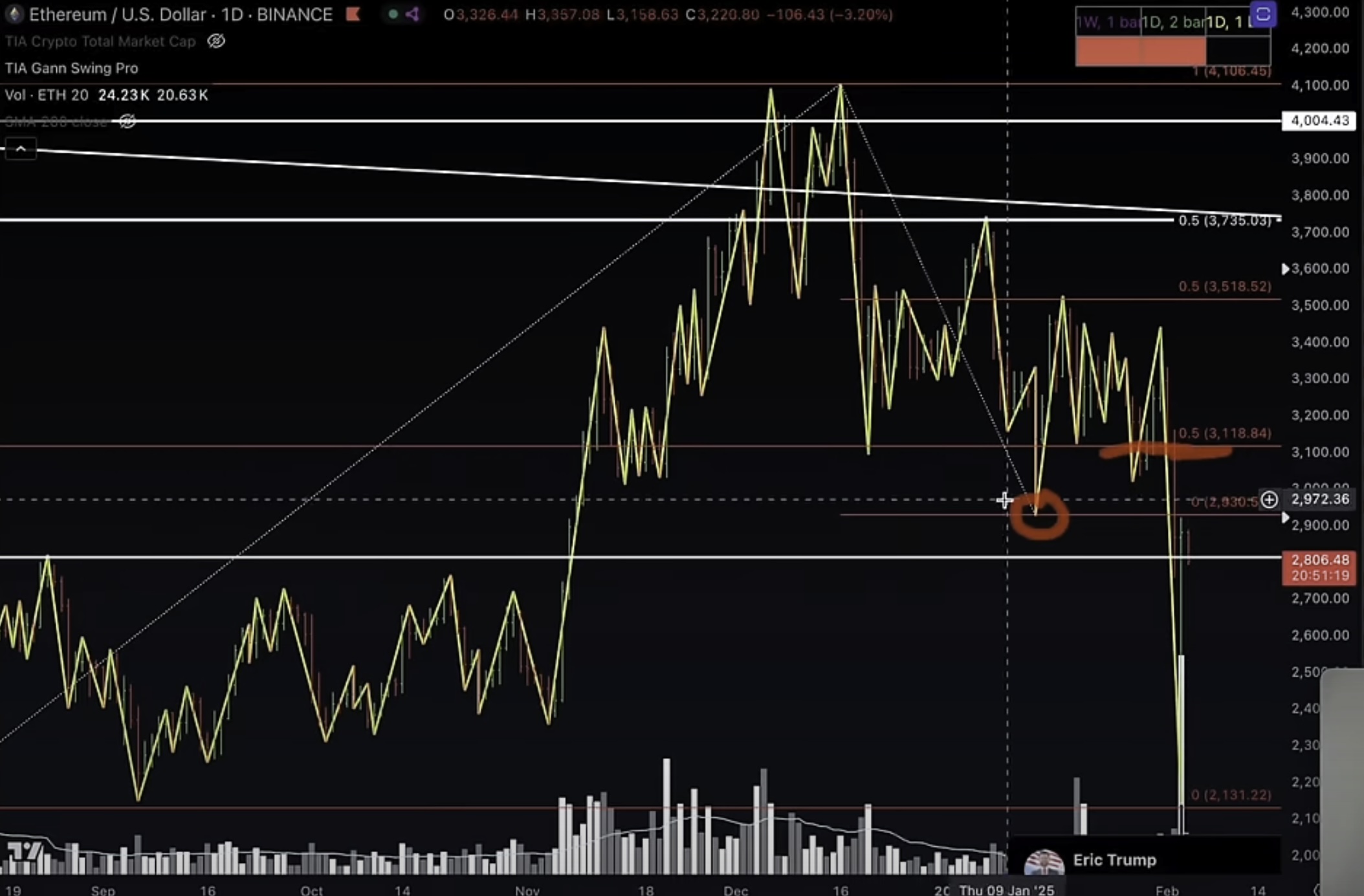Bitcoin is on the verge of achieving a significant milestone, potentially closing its seventh consecutive month in the green by the end of March. This would mark a historic achievement in BTC’s price history, requiring the cryptocurrency to maintain a price above February’s close of $61,130, according to data from Tradingview.
Bitcoin eyes new record as its price holds steady
The last time BTC experienced such a sustained uptrend was from October 2020 to March 2021, during which its price surged by an impressive 445% from $10,781 to $58,783. However, following this remarkable rally, BTC underwent a notable correction, declining by 40% over the subsequent three months, dropping from $58,790 to $35,037.
Historically, BTC has often faced corrections in the period leading up to halving events. Nevertheless, the current influx of funds from spot BTC exchange-traded funds (ETFs) could potentially fuel further price increases in the near future. Matthijs de Vries, the founder of AllianceBlock, expressed optimism about this development, mentioning that the constant inflow into spot Bitcoin ETFs could serve as a significant catalyst for price growth in the coming days.
Moreover, with the BTC halving cycle approaching, bullish sentiment is expected to strengthen further. De Vries also offered a price projection, envisioning Bitcoin settling at $74,000 by the end of Q1. However, recent market movements have seen Bitcoin’s price dip by 6.1% over the past week, with the cryptocurrency currently trading at $64,177 as of 4:30 pm UTC.
Market dynamics and price projections
Despite this short-term decline, BTC has still recorded an impressive 25% gain on the monthly chart. Analyzing historical chart patterns, crypto analyst Rekt Capital noted that Bitcoin remains within the “Danger Zone,” a zone typically associated with pre-halving retracements. This suggests that there is a possibility of downside movement in the coming weeks until the halving event.
Despite some larger sell-offs by spot Bitcoin ETFs, there are signs of investors “buying the dip.” Bitcoin analyst and CMCC Crest’s managing partner, Willy Woo, highlighted this trend, noting that while ETFs experienced outflows of $1.6 billion during the first dip, the Bitcoin network received net flows totaling $1.1 billion. This indicates that many investors are opting for self-custody solutions and leveraging price dips to accumulate more BTC.
BTC’s current price trajectory and market dynamics present a mix of short-term volatility and long-term optimism. Factors such as ETF inflows, halving cycles, and investor sentiment continue to play crucial roles in shaping BTC’s price movements. The coming weeks leading up to the halving event will likely be closely monitored by market participants for further insights into Bitcoin’s resilience and potential for sustained growth.




